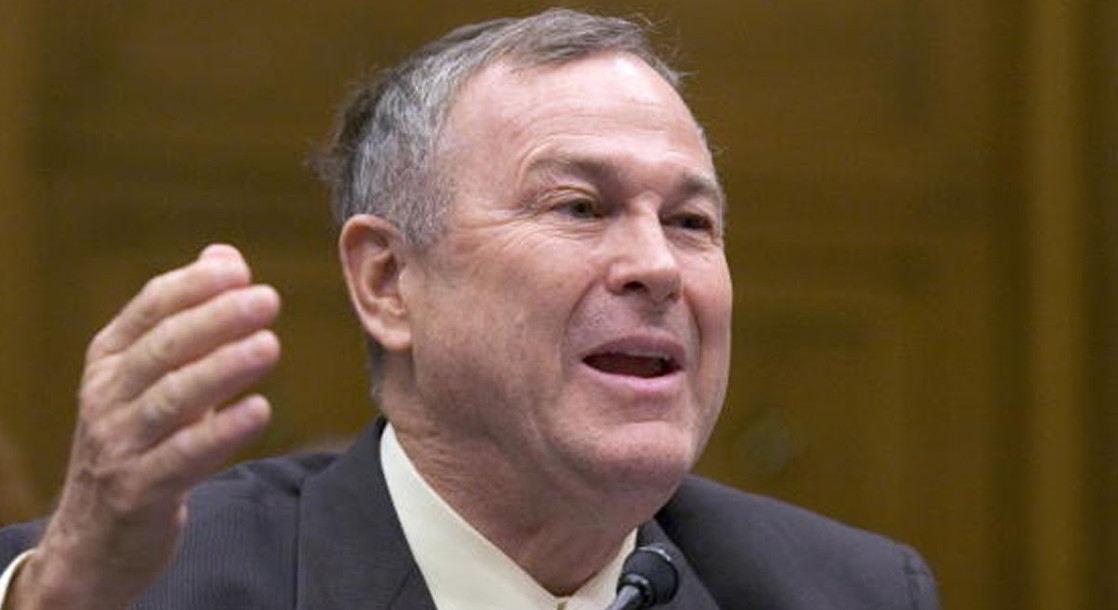Fearing Congress will appease the wishes of U.S. Attorney General Jeff Sessions by rejecting the protections that have kept the Justice Department and related agencies from investigating, conducting raids, and prosecuting the medical marijuana community, California Representative Dana Rohrabacher has taken to the pen in an attempt to persuade his fellow Republicans to continue protecting those states that have legalized the leaf for medicinal use.
In a recent op-ed published in The Washington Post, Congressman Rohrabacher attempts to apply some pressure on his colleagues with respect to the medical marijuana issue. He stresses the importance of cannabis treatment for military veterans, a case in which traditional medications, including opioids, have often failed.
It is the stories surrounding the issue that the Congressman credits for being the primary inspiration behind the creation of the now infamous Rohrabacher-Farr amendment.
“I wrote an amendment to spending bills that prohibits the federal government from prosecuting medical marijuana cases in states where voters have legalized such treatment,” he wrote. “The amendment passed two consecutive years, the second time with a wider margin than the first, and has been extended through continuing resolutions and an omnibus spending bill.”
Rohrabacher acknowledges that the rider endured some hardships during the Obama administration, but nothing like it stands to at the hands of President Trump’s Justice Department.
“Unfortunately, my longtime friend Jeff Sessions, the attorney general, has urged Congress to drop the amendment,” he wrote. This, despite President Donald Trump’s belief, made clear in his campaign and as president, that states alone should decide medical marijuana policies.”
“I should not need to remind our chief law enforcement officer nor my fellow Republicans that our system of federalism, also known as states’ rights, was designed to resolve just such a fractious issue,” Rohrabacher added. “Our party still bears a blemish for wielding the “states’ rights” cudgel against civil rights. If we bury state autonomy in order to deny patients an alternative to opioids, and ominously federalize our police, our hypocrisy will deserve the American people’s contempt.”
In the opinion, which published Wednesday, Rohrabacher points out that over half the states in the nation have legalized marijuana for medicinal use, while a whopping 80 percent of the American public now supports the issue. He said, “Mounting anecdotal evidence shows again and again that medical marijuana can dramatically improve the lives of people with epilepsy, post-traumatic stress disorder, arthritis and many other ailments.”
Still, the overall message has not translated in a way that makes sense on Capitol Hill. “Part of the reason,” Rohrabacher says, “is the failure of too many conservatives to apply “public choice economics” to the war on marijuana.”
Rohrabacher even invited Republicans to tour a medical marijuana research facility in hopes of getting them to see the situation in a different light.
“My colleagues should then return to Washington and keep my amendment intact, declaring themselves firmly on the side of medical progress,” he wrote. “Failing that, the government will keep trying to eradicate the burgeoning marijuana business, thereby fueling and enriching drug cartels.”
Congress is slated to decide on a number of marijuana-related amendments, including the Rohrabacher-Farr, later this month. Although most of these measures do not stand a chance at being tossed into the mix, there is faith that the medical marijuana protections that have been at work for the past few years will be given the ability to continue. If the amendment were eliminated, it would put the medical marijuana community in a position, once again, to be harassed by the DEA.











